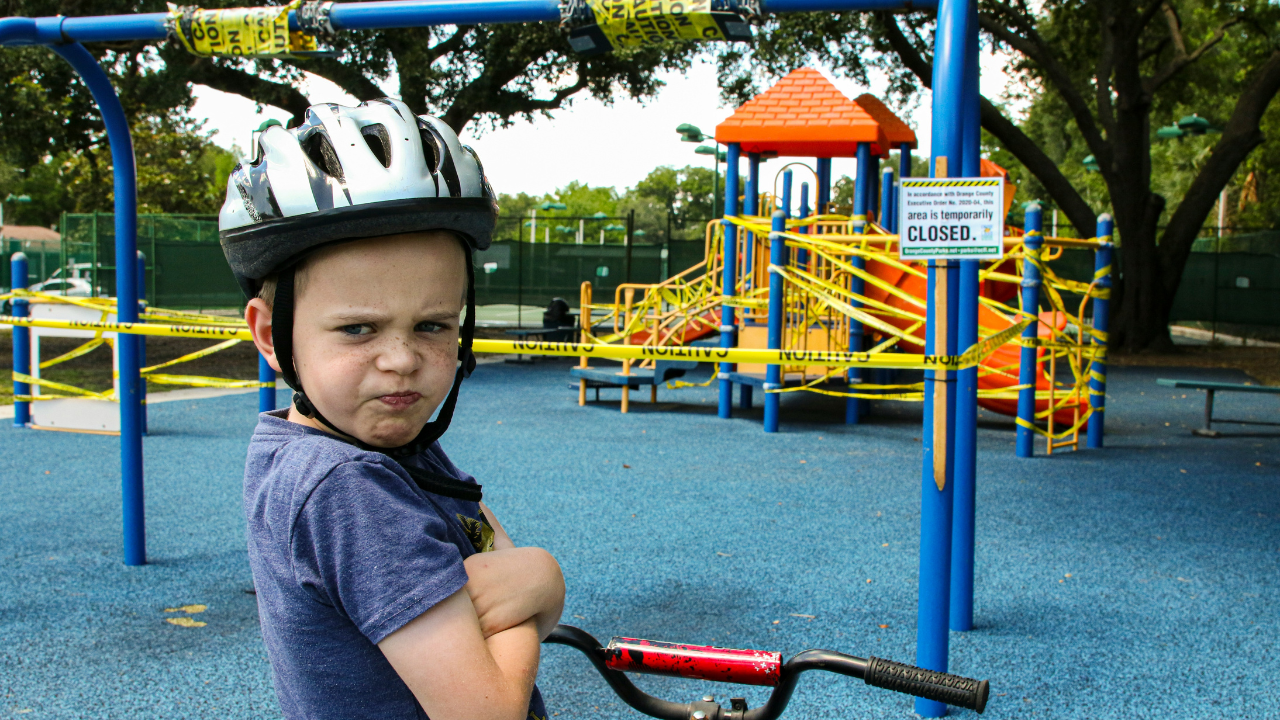Learning how to handle an angry aggressive child can be a daunting task for parents. This article provides practical steps and strategies to help you effectively manage these challenging behaviors.
Understanding Anger and Aggression in Children
Why do children get angry or aggressive? Let’s break it down.
- Emotional Responses: Learn about what triggers anger and aggression in children.
- Common Causes: Discuss sources of anger like frustration, feeling misunderstood, or the inability to express themselves.
Recognizing Signs of Anger and Aggression
Early detection can lead to better management.
- Physical Signs: Look for clenching fists, frowning, and a loud voice.
- Behavioral Signs: Notice behaviors like hitting, kicking, or throwing objects.
Strategies for Handling Immediate Outbursts
Immediate actions to diffuse aggressive situations.
- Stay Calm: Your calmness can de-escalate a situation.
- Set Boundaries: Explain the consequences of aggressive behavior clearly and calmly.
- De-escalation Techniques: Use distractions or relocate to a quieter setting to calm the child down.
Long-Term Strategies to Manage and Reduce Aggressive Behavior
Fostering better behavior over time.
- Emotional Intelligence: Teach your child to name their feelings and express them appropriately.
- Positive Reinforcement: Highlight and reward good behavior to encourage more of it.
- Creative Outlets: Use arts and sports to help your child express their energy and emotions healthily.
Creating a Supportive Environment
Make your home a bastion against aggression.
- Routine and Structure: Consistent daily schedules can provide stability.
- Media Influence: Monitor and manage the type of media your child consumes.
- Participative Rule-making: Involve your child in creating rules to help them feel invested and respected.
When to Seek Professional Help
Recognizing when you need outside help.
- Warning Signs: Persistent aggression, and harm to self or others might require professional help.
- Professional Resources: Types of therapies and when to consider them.
FAQs on Handling an Angry, Aggressive Child
- What should I do immediately when my child starts hitting others?
Stay calm and remove your child from the situation gently but firmly. Explain that hitting is not acceptable and help them cool down with a quiet activity or by taking a break. - How can I prevent aggressive behavior in my child?
Provide a consistent routine, teach problem-solving skills, and set a good example with your own behavior. Encouraging positive interactions and rewarding good behavior can also help. - Can diet affect my child’s behavior?
Yes, diets high in sugar and processed foods can sometimes contribute to hyperactivity and mood swings in children. A balanced diet with plenty of fruits, vegetables, and whole grains can help stabilize a child’s energy and mood. - How do I teach my child to express anger in a healthy way?
Encourage your child to talk about their feelings. Teach them words they can use to express their emotions, and show them healthy ways to vent, like drawing, writing, or playing sports. - Is it normal for my child to be aggressive?
Occasional anger and aggression can be normal, but if it happens frequently or intensifies, it might be a sign to seek additional guidance. Persistent aggressive behavior can also be an indicator of underlying issues that may need professional attention. - When should I be concerned about my child’s aggression?
If your child’s aggression leads to self-harm, harm to others, or if aggressive outbursts become more frequent and intense, it’s important to consult a healthcare professional or a child psychologist. - Are there activities that can help reduce aggression in children?
Yes, activities that require focus and involve physical exertion can help manage aggression. Martial arts, team sports, yoga, and even simple outdoor play can significantly help in managing aggressive behavior.
Conclusion
Dealing with an angry, aggressive child requires patience and strategy. By applying these practical approaches, you can help your child learn to manage their emotions and reduce aggressive behavior.





